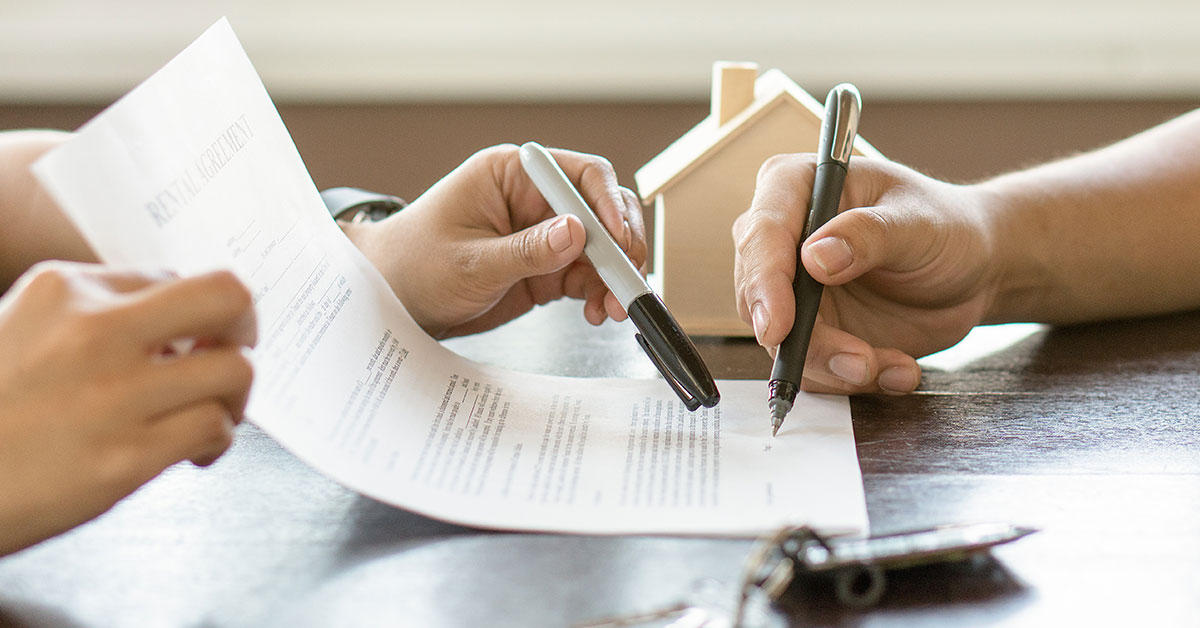
Mortgage Forbearance - A Great Option to Consider With COVID-19
Are you having a hard time paying your mortgage as a direct result of the COVID-19 pandemic? If so, you’re not alone. Fortunately, because of the CARES Act, you can request protection from missing mortgage payments by applying for mortgage forbearance.
What is Mortgage Forbearance?
A mortgage forbearance plan suspends or reduces the amount of regular monthly mortgage payments. It generally allows the homeowner to make lower monthly payments or no payments at all, for a set time. It’s important to realize that a mortgage forbearance is not loan forgiveness, so the delayed or lowered payments will accrue and need to be paid back according to the terms of the mortgage.
Benefits to Mortgage Forbearance
.jpg)
A mortgage forbearance can be a great option if you’re experiencing financial trouble as a direct result of COVID-19. You could have the opportunity to reduce your mortgage payments or stop making payments, which can give you the flexibility to get your finances to a more stable place.
No matter what type of assistance you’re granted, you’ll always be responsible for making up the difference either as a lump sum or added to the end of the mortgage. Sometimes interest will accrue on missed payments, the life of the loan will be extended, or the loan balance will increase.
Mortgage Forbearance Effect on Credit Scores
Will mortgage forbearance have an effect on your credit score? The short answer is no. If you have an approved forbearance agreement from your mortgage service provider, there should be no negative impacts on your credit scores when you miss a payment or only partially pay.
The Coronavirus Aid, Relief and Economic Security (CARES) Act protects you, but is only for missed or lowered payments while under the forbearance agreement. Until you have an approved forbearance agreement, you should still make your mortgage payments on time. Any late payments before the agreement takes effect can be reported by your mortgage service provider to the credit bureaus, which can hurt your credit scores.
Be aware that the CARES Act does NOT cover borrowers with privately-owned mortgages.
How to Apply for Mortgage Forbearance

To apply for mortgage forbearance, reach out to your mortgage lender as soon as you can. Don’t wait until you’re already missing payments. Keep in mind that mortgage forbearance is not a legal right, so lenders will grant forbearance at their discretion. You will be requested to make an oral or written statement that your financial hardship is the direct result of the COVID-19 pandemic and that you’ll be able to make up the payments later.
Mortgage lenders will often request information when considering your case:
- Your most recent mortgage statement
- Proof of income or an estimate of current monthly income
- An estimate of monthly expenses, including all debt payments
- An explanation of your financial hardship (and any documents that support your claim)
- A list of any assets like savings accounts or investments that could cover your expenses
If you’re experiencing financial hardship, the forbearance is designed to provide you with relief. However, it is not a long-term solution, so agreements generally don’t last longer than one year. You could be required to submit updates to your mortgage lender while the agreement is in effect.
What Happens at the End of Forbearance?
Perhaps the most frequent question we are asked is “what’s going to happen at the end of forbearance?” The good news is, your lender can discuss numerous ways to get your mortgage loan back on track. The most popular options are:
- Borrowers can make all the suspended payments at once at the end of forbearance.
- Borrowers can be allowed to repay the suspended payments within 12 months after forbearance ends.
- The term of the mortgage can be extended by the exact number of months in forbearance.
- The suspended payment amounts can be added into the loan balance, and the term of the loan can be extended by the number of months necessary to make the monthly payments the same as the previous payment.
- The suspended payments amounts can be added into the loan balance and a new extended term of the loan can be created.
Forbearance is a way to protect your homeownership and help you through a financial hardship. Talk to your lender about the option that best fits your situation when the forbearance ends, and take advantage of the right option for you after the forbearance.









